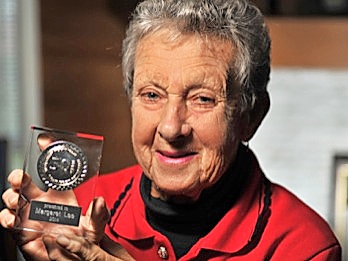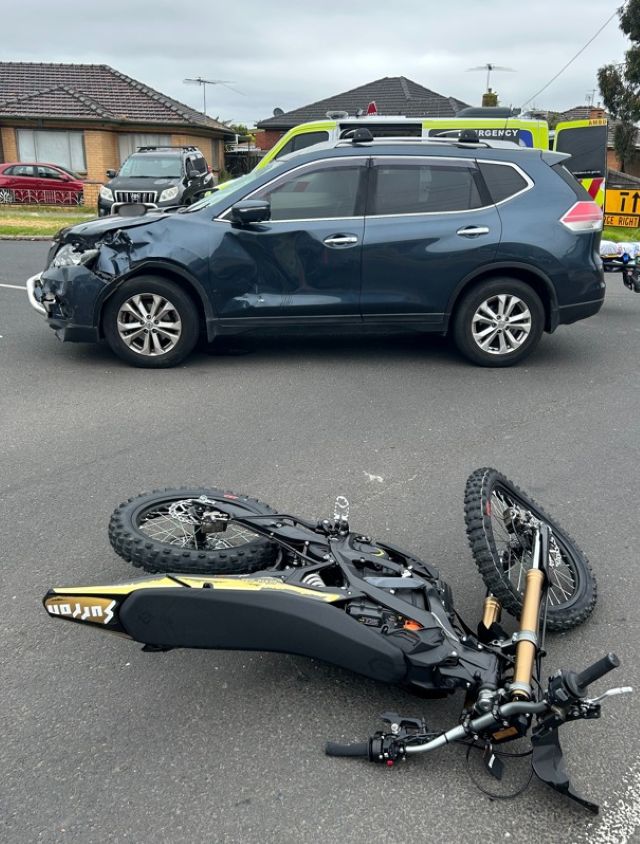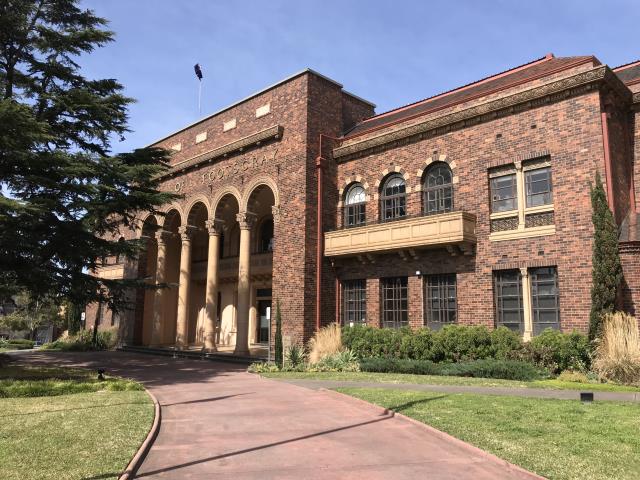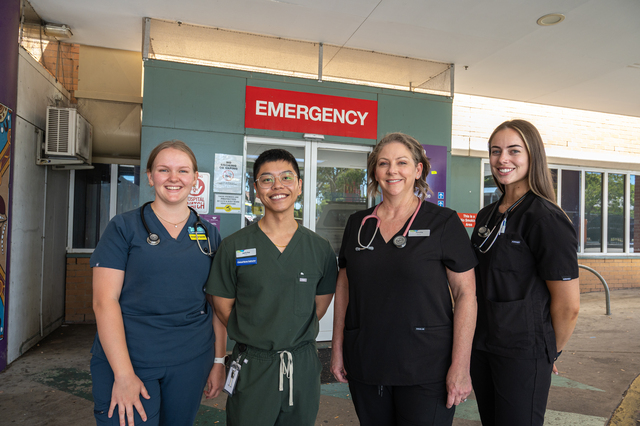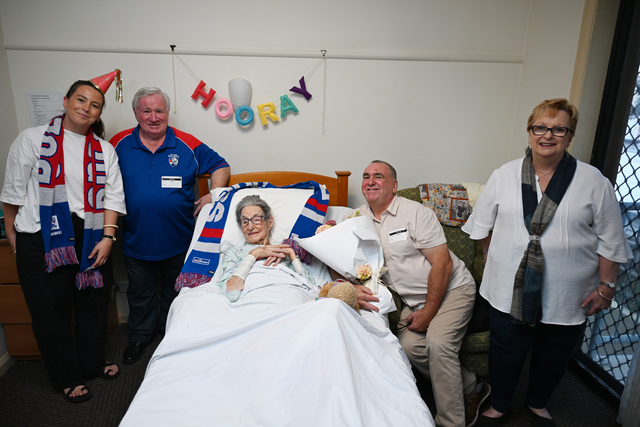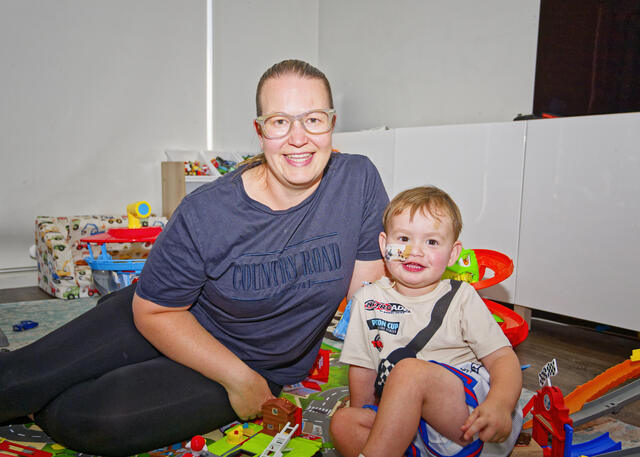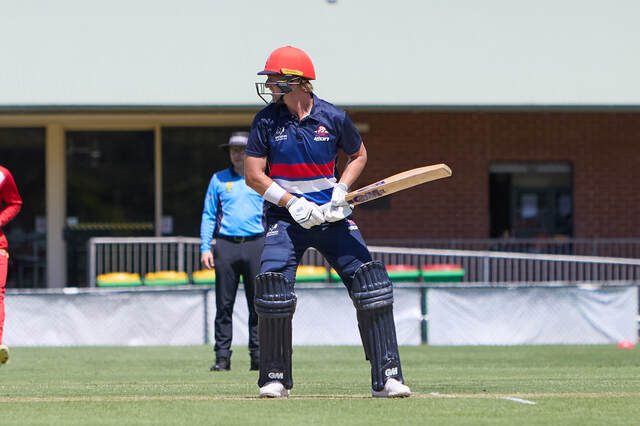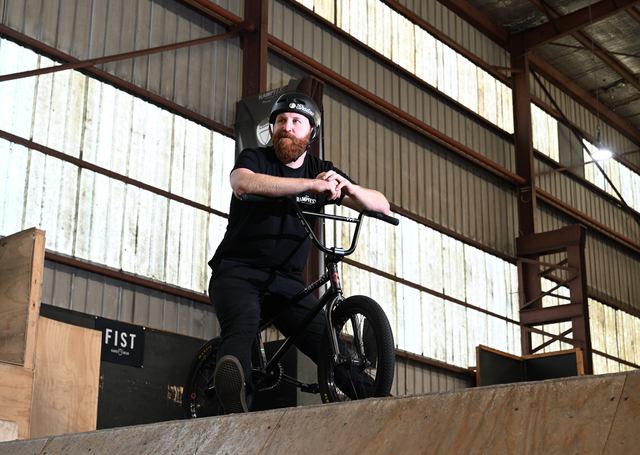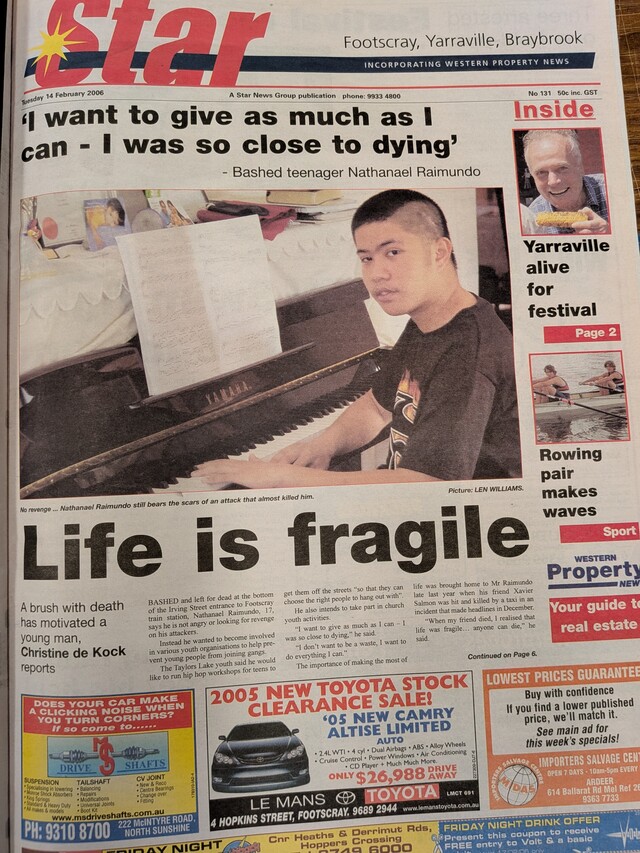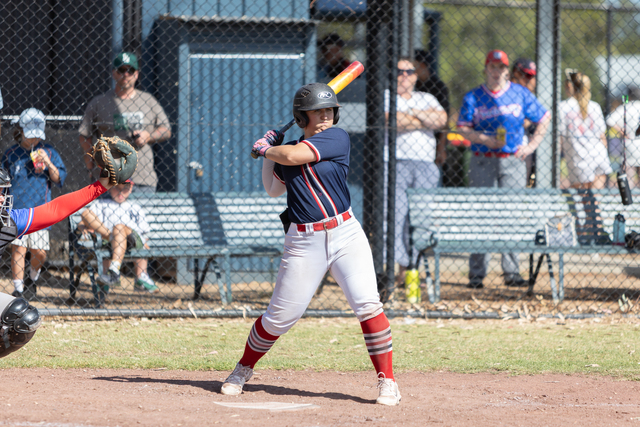It was the wedding anniversary present that changed her life forever.
On June 25, 1964, Margaret Lee and her husband were celebrating their special day with a plate of lamingtons.
Later that day, Mrs Lee visited her doctor for a routine blood test.
“He told me I had high blood sugar and immediately I thought, it’s probably just the lamingtons. But he referred me to a specialist and I was diagnosed with diabetes – what an anniversary present,” she said.
“We had two young children and had just moved into a new house. My weight dropped as low as 43 kilograms and the specialist said
it was a sign my body was not producing enough insulin.”
The Essendon West resident has type 1 diabetes, which affects about 10 to 15 per cent of people with the condition who require up to four injections of life-saving insulin a day.
Today, people diagnosed with diabetes can access a wealth of advice and support. But it was a different story in the 1960s.
“I was shown how to inject myself by a doctor and I had these horrible glass syringes, which had to be kept in methylated spirits and boiled once a week to be sterilised,” Mrs Lee recalls.
“Diabetes educators didn’t exist and there wasn’t a lot of information around. I still don’t know how I managed to get through, especially in those early days.”
Mrs Lee was recently presented with the Kellion Victory Medal by Diabetes Australia.
The award recognises people who have lived with type 1 or type 2 diabetes for 50 years or more. Mrs Lee, who regularly attends the Western Suburbs Diabetes Support Group based in Footscray, rarely experiences what is commonly known as a ‘hypo’, which occurs when a diabetic’s blood glucose level has dropped too low. In serious cases, it can lead to a loss of consciousness.
Through simple changes to her diet and lifestyle, Mrs Lee has learnt to keep her condition under control, but she admits it hasn’t always been easy.
“About nine years ago, I was also diagnosed with coeliac disease so I’ve now had to adopt a gluten-free diet as well,” she says.
“My late husband used to be able to pick when I was about to have a hypo because my lip would start to twitch and I would stumble over my words.
“It’s simple things like doing the gardening or walking a few kilometres along the Maribyrnong River, which a few members of the group do every Tuesday, which help keep my blood-sugar levels down.”
National Diabetes Week (July 13-19) raises awareness of the condition and encourages people to check their risk.
The Western Suburbs Diabetes Support Group meets on the third Thursday of every month at Maidstone Junior Sports Club. For more details, phone 9337 5417.

